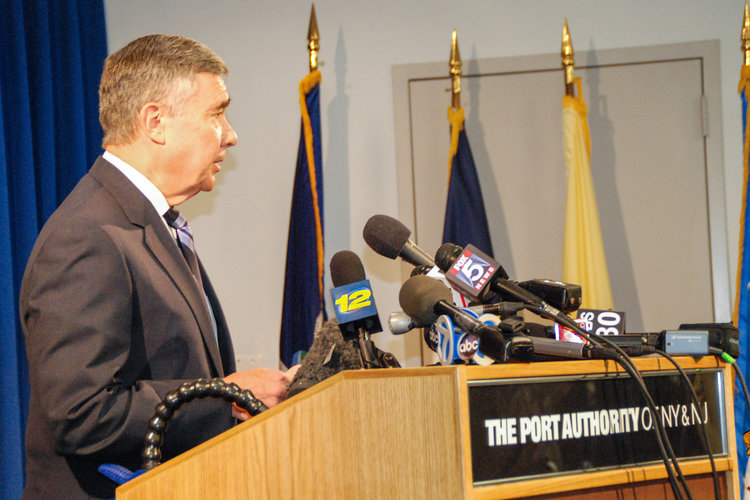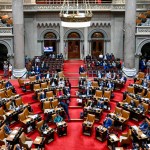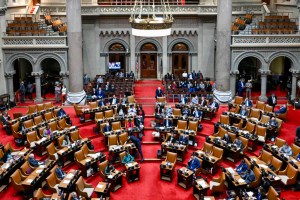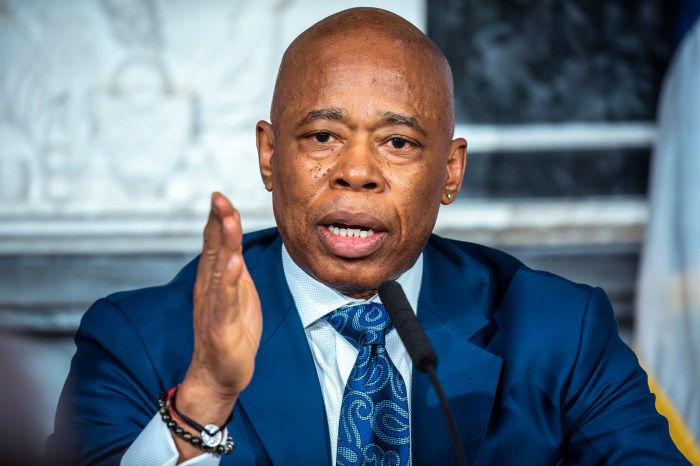U.S. border agents on Saturday began screening travelers entering John F. Kennedy International Airport from West African countries hardest hit by the deadly Ebola virus.
U.S. Customs and Border Protection officers are working in conjunction with the Centers for Disease Control and Prevention to perform health checks and identify anyone who may show signs of a communicable disease, officials said.
The enhanced screening measures comes as the official death toll in three Ebola-impacted countries—Guinea, Liberia, and Sierra Leone—has eclipsed 4,000.
“The expanded screening measures provide an additional layer of protection to the already established protocols to minimize the risk of another case of Ebola in the United States,” CBP Commissioner R. Gil Kerlikowske’s said early Saturday.
The fist person in the United States known to have been infected by the disease, Thomas Eric Duncan of Liberia, died in a Dallas hospital on Wednesday.
Kerlikowske outlined the enhanced protocols on Saturday. He said each passenger arriving from the affected countries will be escorted to a private area and have their temperature taken. If the the test indicates a fever, and if the traveler is visually showing other symptoms, border agents will then refer the person to the CDC for a public health assessment.
From there, CDC health workers will determine whether the person:
- can continue to travel
- should be hospitalized for further evaluation and testing
- is referred to local health department for monitoring
Border agents will also screen travelers entering Chicago O’Hare International Airport, Dulles International Airport, Hartsfield-Jackson Atlanta International Airport and Newark International Airport. Screening travelers at the five selected airports allows authorities and the CDC to evaluate 94 percent of people entering the US from the three Ebola-stricken countries.
The CDC said it began working with airports and health officials from Ebola-impacted countries since the beginning of August.
American health officials have stressed that a deadly outbreak such as the one in West Africa is highly unlikely to occur in the US.
The virus does not travel by air. The disease is only passed on through physical contact or when direct contact is made with an infected person’s bodily fluids, health officials have said.
Health officials on Long Island in the coming days will hold Ebola training courses for emergency responders and health care professionals.


























